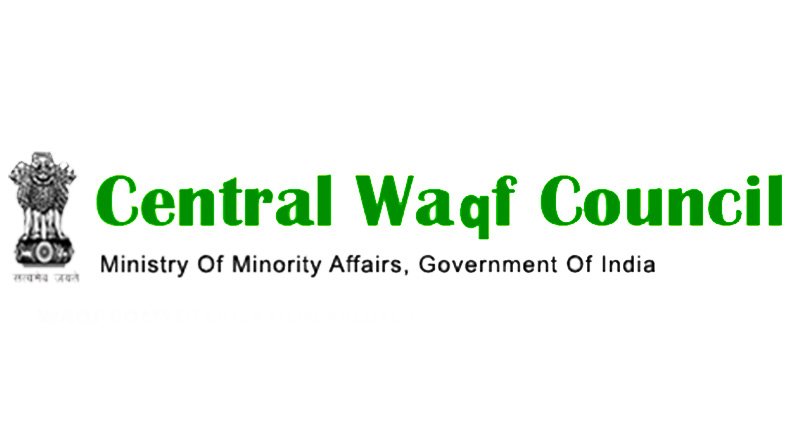Dr. Shujaat Ali Quadri
The Central Waqf Council is a statutory body under the administrative control of the Ministry of Minority Affairs established in 1964 as an advisory body to the Central Government on matters relating to the functioning of the Waqf Boards as provided in the Waqf Act, 1954. The objectives have been made to protect the charitable property of Muslims under Waqf Boards in India. The ‘Central Waqf Council’ came into existence with the reforms in the already prevalent Muslim Waqf Validation Act 1913. Today this council has done very special experiments with its methodology. The Central Waqf Council was established as a permanent unit to advise on issues relating to the proper administration of Waqfs in the country.
Today in our second series we will talk about the objectives of the Central Waqf Council. In the previous article we mentioned that according to Islamic Fiqh (judicial interpretation), waqf means irrevocable (that which cannot be withdrawn). The practice includes donating a building, plot of land or other property for Muslim religious or charitable purposes.
The main function of the Central Waqf Council is to administer the Auqaf properly. Later on, the role of the Council was greatly expanded under the provisions of the Waqf (Amendment) Act, 2013. The Council has been empowered to advise the Central Government, as well as State Governments and State Waqf Boards. The Council functions to inform the Board/State Government on the performance of the Board, especially their financial performance, surveys, revenue records, encroachments of Waqf properties, annual and audit reports, etc., under section 9(4).
The Union Minister in charge of the Waqf is the President of the Council. It can have up to 20 members who can be appointed by the Government of India. Presently the Union Minister for Minority Affairs Smirti Z Irani is the ex-officio President of the Central Waqf Council. The 12th Council of this time was constituted on 4th February, 2019 in accordance with the provision given in sub-section (1) and (2) of section 9 of the Waqf Act, 1995. The office of Central Waqf Council is located at Central Waqf Bhawan, Saket, New Delhi.
Security, retrieval and e-monitoring of Auqaf are the main tasks of the Central Waqf Council today. It aims to work closely with State Waqf Boards for conservation, an active role in the development and improvement of their functioning. The main function of the council is to advise the central government, state governments and state waqf boards.
It aims at monitoring the implementation of the provisions of the Waqf (Amendment) Act, 2013 in the States and Union Territories, providing legal advice for protection and recovery of Waqf properties and removal of encroachments etc., development of urban Waqf properties by National Waqf Development Corporation Limited as well as is the Central Waqf Council is responsible to implement the scheme for identification of potential Waqf land for development.
Central Waqf Council has played a very important role in implementing educational and women welfare schemes for skill development and empowering the poor, especially the women. Many beneficiaries have taken advantage of the schemes of Central Waqf Council.
To implement the scheme of computerization of records of State Waqf Boards, a Central Sector Scheme of the Ministry of Minority Affairs has also been prepared by the Council. The Central Waqf Council also has the right to obtain necessary information from the State Government/Boards on the performance of State Waqf Boards as per the provision given in the Waqf (Amendment) Act, 2013. The power to take up Waqf matters with various departments of the Central and State Governments like ASI, Railways, Revenue and Forests etc. also vests with the Central Waqf Council.
The Council is also expected to initiate awareness programs to promote the interests of the Council and to make the Waqf Institutions aware of their new roles and responsibilities.
The council is running the ‘Waqf Property Development Scheme in cities’ under which this scheme it is aimed to improve the financial condition of the Auqaf and Waqf Boards and to enable them to increase the scope of their welfare works, to protect the vacant Waqf land from encroachers and to make them economically viable. These properties are designed designed with a view to develop viable projects and to generate more income and/or to broaden welfare activities. Under this scheme, interest free loans are given to various Waqf Boards and Waqf Institutions in the country for construction of economically viable buildings, such as commercial complexes, marriage halls, hospitals, cold storages, etc., on Waqf land. In the next article, we will continue to discuss the plans and contributions of the Central Waqf Council.

